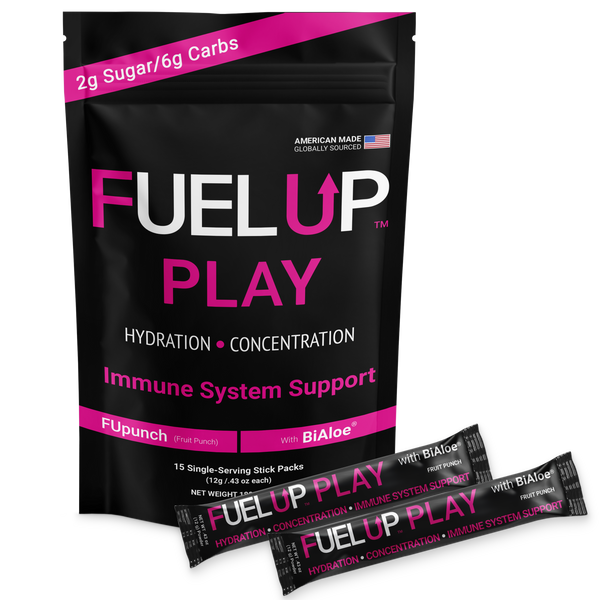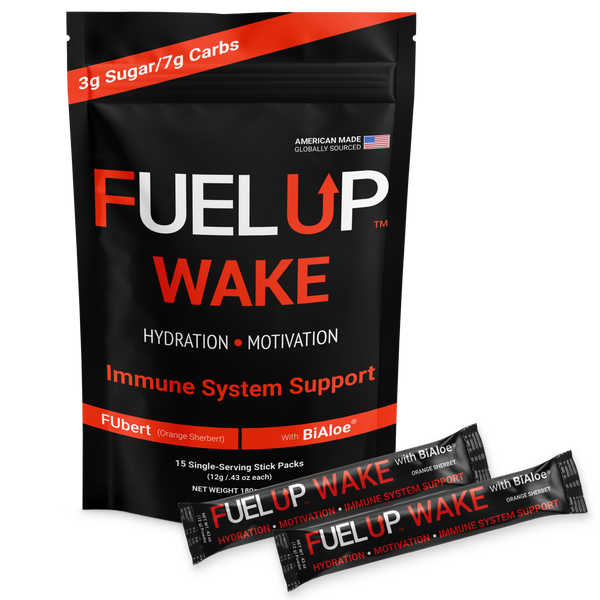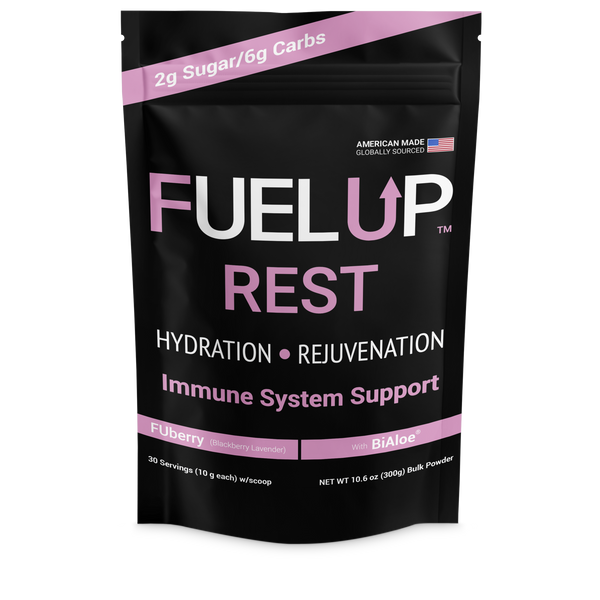Every morning presents a new opportunity to set the tone for your entire day—from how energized you feel to how well your body performs and recovers. While much is said about breakfast choices and morning workouts, the roles of hydration and vitamin absorption are often overlooked. Whether you’re chasing a personal best or simply aiming to feel your best, understanding how your morning routines influence these key factors can help you optimize your wellness.
1. Why Morning Hydration Matters
Fluid Balance and Energy
After a night’s sleep, your body is naturally in a mild state of dehydration. Even mild dehydration can lead to sluggishness, headaches, and reduced mental performance. Drinking water first thing helps jumpstart your metabolism, improve focus, and support digestion throughout the day.
Performance and Recovery
Active individuals lose fluids overnight through respiration and perspiration—even if you aren’t breaking a sweat. Starting the day hydrated lays the foundation for better workout performance and quicker recovery, reducing muscle fatigue and cramps as the day progresses.
2. Vitamins: Timing Isn’t Everything (But It Helps)
Absorption 101
Different vitamins require different conditions to be absorbed efficiently:
-
Fat-soluble vitamins (A, D, E, K): Best absorbed with healthy fats, such as in breakfast with avocado, nuts, or eggs.
-
Water-soluble vitamins (C, B-complex): Absorption is improved when the digestive system is active and hydrated.
Eating a balanced breakfast with a mix of macros and staying hydrated can maximize your body’s ability to utilize vitamins from food or supplements.
Caffeine and Its Impact
Coffee and tea are staples in many morning routines, but caffeine can act as a mild diuretic, increasing fluid loss. While moderate caffeine intake is not dehydrating for most people, balancing it with water helps maintain optimal vitamin transport and overall hydration.
3. Strategies for Optimizing Your Morning Routine
Start with Water
Aim for at least 10–16 ounces (around 300–500 ml) of water soon after waking.
Pair Vitamins with Food
If you take supplements, have them alongside a nutritious breakfast. This practice supports better absorption and reduces digestive discomfort.
Hydrate Before Caffeine
Try drinking water before reaching for coffee or tea. This simple shift ensures hydration isn’t compromised by your favorite morning beverage.
Balance Breakfast Choices
Include healthy fats, lean proteins, and whole grains to create an environment for maximal vitamin absorption. Fresh fruits provide natural hydration and an array of water-soluble vitamins.
4. The Science Behind Morning Hydration and Vitamin Intake
Maintaining Homeostasis
Your body works hard to maintain optimal internal conditions. Dehydration can hinder nutrient transport, muscle function, and even mental clarity. Consistent morning hydration and vitamin-rich foods help your body adjust to daily stresses and physical demands.
Active Lifestyles Demand More
Regular exercise increases both fluid and micronutrient needs. Habitual morning hydration and balanced meals help active individuals prepare for these increased demands, supporting faster recovery and better endurance.
5. Small Shifts, Big Results
Adopting simple habits—such as drinking water upon waking, pairing vitamins with balanced foods, and being mindful of caffeine—pays dividends in both daily performance and long-term wellness. By being intentional with your morning choices, you empower your body to make the most of the day ahead.
Conclusion
When it comes to hydration and vitamin absorption, your morning routine sets the stage for everything you do. Small, mindful changes make a big impact on how you feel, perform, and recover. If you’re searching for easy ways to support these goals, options like Fuel Up Hydration are designed to complement active lifestyles by providing essential vitamins and minerals for proper hydration—always remember to put your health first and consult reliable sources for your wellness decisions.
#51 Breaking Down Labels: What “Electrolyte,” “Vitamin,” and “Mineral” Mean for Everyday Health
When you’re shopping for drinks and supplements, do words like "electrolyte," "vitamin," or "mineral" pop out from brightly colored labels? You’re not alone. But what do these terms really mean—and why do they matter? Whether you’re gearing up for a workout, planning a long run, or simply aiming to stay healthy and hydrated, understanding these ingredients can make a big impact on your choices.
What Are Electrolytes, Really?
You’ll see "electrolyte" everywhere—from sports drinks to hydration tablets. But at its core, an electrolyte is a mineral found in your blood and other body fluids that carries an electric charge. The most common electrolytes are sodium, potassium, magnesium, calcium, and chloride.
Why do they matter?
Electrolytes help balance the amount of water in your body, support nerve function, muscle contraction, and even regulate your heartbeat. Sweat heavily? You’re losing these vital minerals along with fluid. That’s why replenishing both fluids and electrolytes is key for hydration and recovery during prolonged or intense activity.
Vitamins: The Micronutrient Powerhouses
Vitamins are essential micronutrients your body needs to function—but can’t make in sufficient quantities on its own. Popular hydration and wellness products often include vitamins such as vitamin C, B-complex (like B6 and B12), and vitamin D.
Why do they matter?
Each vitamin serves a unique function.
-
Vitamin C helps with immune function and cell repair.
-
B Vitamins assist with energy metabolism, helping your body convert food into usable energy.
-
Vitamin D supports bone health and immune function.
For active people, vitamins play an important role in supporting energy production and overall well-being—even as you’re pushing your limits.
Minerals: Beyond Electrolytes
While some minerals double as electrolytes, "minerals" is a broader category. In addition to sodium and potassium, minerals like iron, zinc, and selenium support everything from oxygen transport to muscle repair and immune defense.
Why do they matter?
-
Iron is crucial for delivering oxygen to muscles.
-
Zinc and selenium are needed for cell growth, repair, and fighting oxidative stress.
If you’re training hard or following a restrictive diet, being aware of your mineral intake helps keep you performing at your best.
How to Read Labels Smartly
Product labels can feel like a maze. Here are a few tips:
-
Look for transparent labeling: Are ingredient quantities listed?
-
Consider your activity level: Higher intensity or duration may require more sodium or potassium.
-
Choose products that match your needs—more is not always better, especially if your daily diet already offers sufficient vitamins and minerals.
Finding a Trusted Source
When you’re committed to your health and performance, understanding what’s in your hydration and wellness products is key. Look for brands that share the science behind their formulas and use clear, honest labeling.
If you’re seeking a hydration option that combines key electrolytes, select vitamins, and minerals—without added hype—Fuel Up Hydration is one to consider. Designed to support active lifestyles, it offers a balance of ingredients to help you stay hydrated and support overall wellness, based on current nutrition science.





